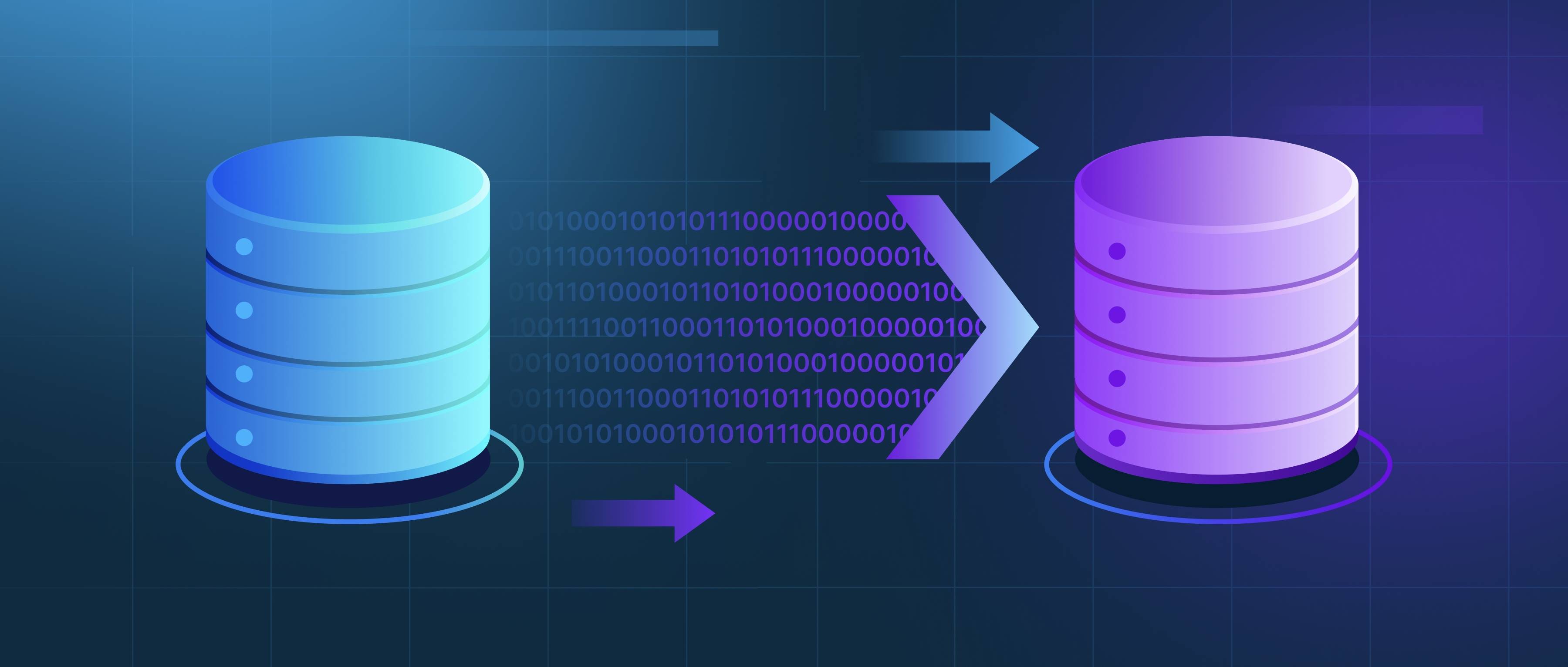DeepResearch accelerates learning in unfamiliar domains by automating the collection and analysis of relevant data, providing structured insights, and highlighting key trends. It aggregates information from academic papers, industry reports, news articles, and technical documentation, then organizes this data into digestible summaries. For example, if you’re researching blockchain technology, DeepResearch can compile foundational whitepapers, recent breakthroughs, and use-case studies from platforms like arXiv, GitHub repositories, and enterprise blogs. This eliminates the need to manually sift through fragmented sources, saving time and ensuring you focus on high-impact materials. Tools like keyword clustering and citation mapping help identify core concepts and their relationships, offering a clear mental model of the domain.
DeepResearch also identifies emerging trends and knowledge gaps through metrics like publication frequency, sentiment analysis, and cross-referencing data. Suppose you’re exploring cybersecurity threats: the tool might reveal a surge in research around AI-driven attacks, while highlighting limited coverage of quantum-resistant encryption methods. This helps prioritize learning areas with immediate relevance or untapped potential. Built-in visualization tools, such as timeline graphs or heatmaps, make it easier to grasp how the field has evolved. For developers, this means quickly understanding which frameworks or protocols are gaining traction (e.g., the shift from REST to GraphQL in APIs) and which are becoming obsolete.
Finally, DeepResearch connects users to domain experts and communities. By analyzing authorship patterns and social media activity, it identifies leading researchers, active forums, or influential podcasts. For instance, if you’re learning about DevOps, it might surface curated lists of thought leaders on Twitter, niche Subreddits, or conference talks on CI/CD pipelines. Integration with collaboration platforms like Slack or Discord allows direct engagement with these communities. Developers can also use DeepResearch’s API to feed insights into their workflows, such as auto-generating code snippets aligned with industry best practices or flagging deprecated libraries in real time. This bridges theoretical knowledge with practical application, accelerating competency.
